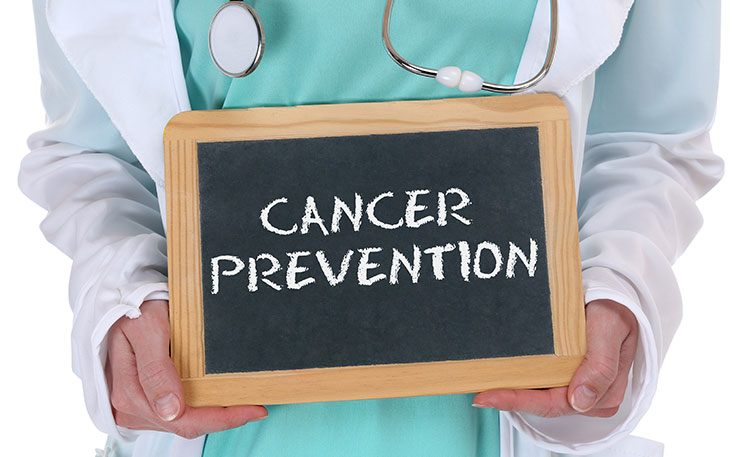Beware Of Occupational Carcinogens
Specific groups of the working population are at a higher risk of developing cancers caused by occupational carcinogens like asbestos, radon, arsenic, chromium, silica, beryllium, nickel, cadmium and diesel exhaust. It is important to have a sound knowledge of these cancer-causing chemicals at your workplace to take precautionary measures.

